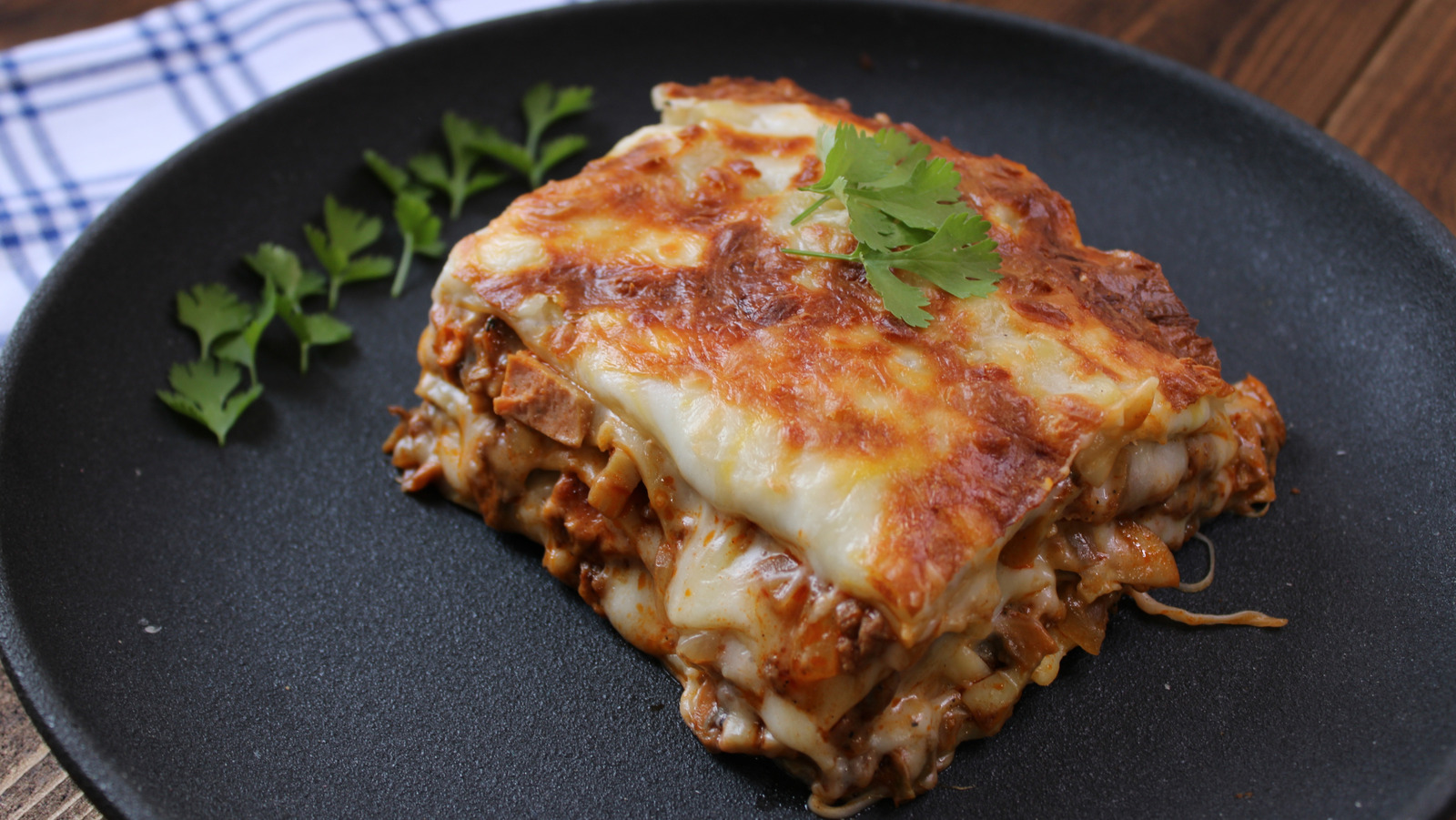
Swapping a spoonful of sugar for an artificial sweetener is often recommended to cut calories and prevent tooth decay. But research suggests sugar substitutes may increase activity in a part of the brain known as the hypothalamus, leading to increased hunger. And unlike sugar, sucralose (sold under the brand name Splenda) did not increase blood levels of certain hormones that cause a feeling of fullness, a study found.
Study author Dr Kathleen Alanna Page, an obesity researcher at the University of South Carolina, said the effects may trigger changes in cravings. She added: “If your body is expecting a calorie because of the sweetness, but doesn’t get the calorie it’s expecting, that could change the way the brain is primed to crave those substances over time.” Some 75 study participants were asked to drink a beverage containing sucralose, sugar or water, before undergoing brain scans and blood tests and rating how hungry they felt.

When people drank the sugary beverage, their blood sugar increased, leading to the release of the hormones that regulate it. Dr Page said: “The body uses these hormones to tell the brain you’ve consumed calories, in order to decrease hunger. “Sucralose did not have that effect—and the differences in hormone responses to sucralose compared to sugar were even more pronounced in participants with obesity.
” Dr Page said the research raised important questions about the long term effects of consuming sweeteners on body weight and eating behaviour. She added: “Are these substances leading to changes in the developing brains of children who are at risk for obesity? “The brain is vulnerable during this time, so it could be a critical opportunity to intervene.” The findings were published in the journal Nature Metabolism.
.














